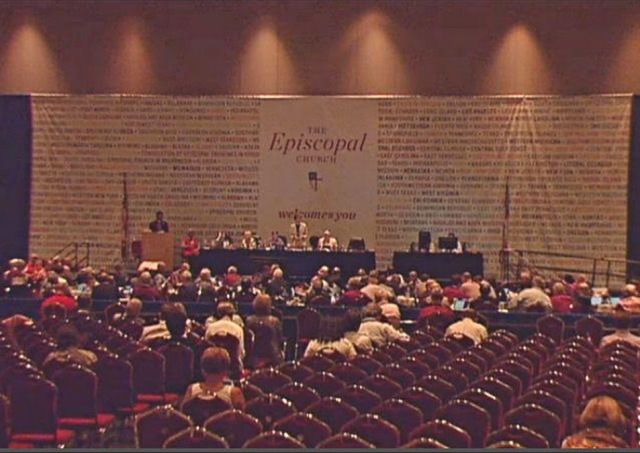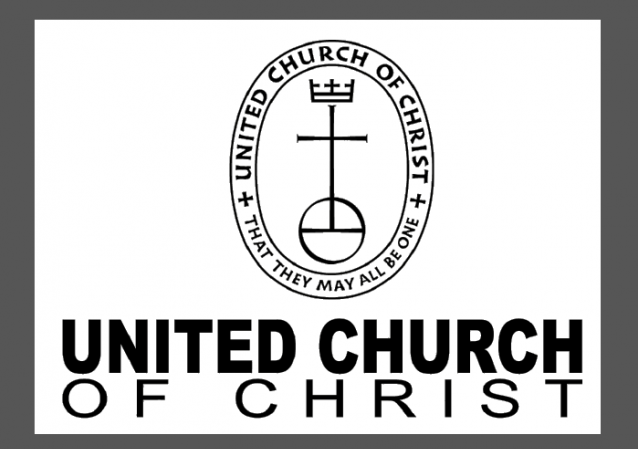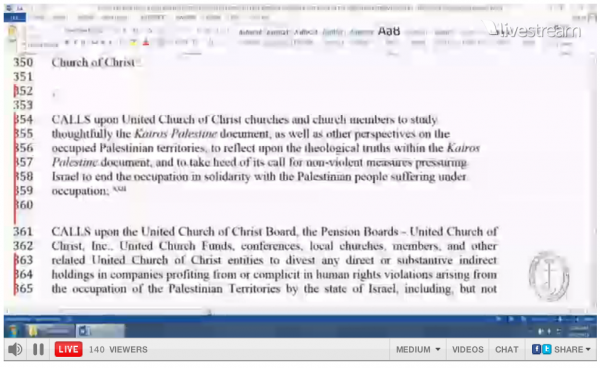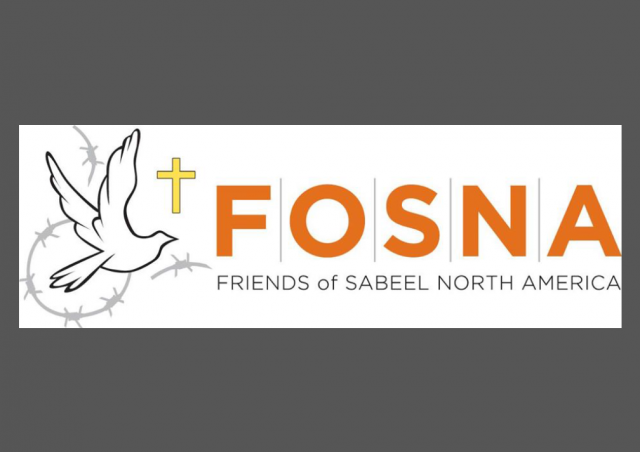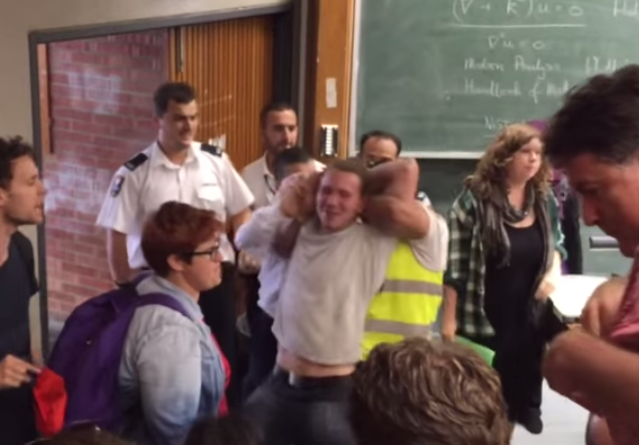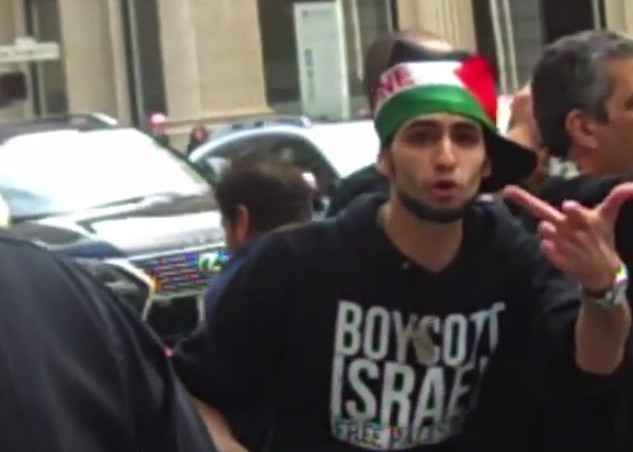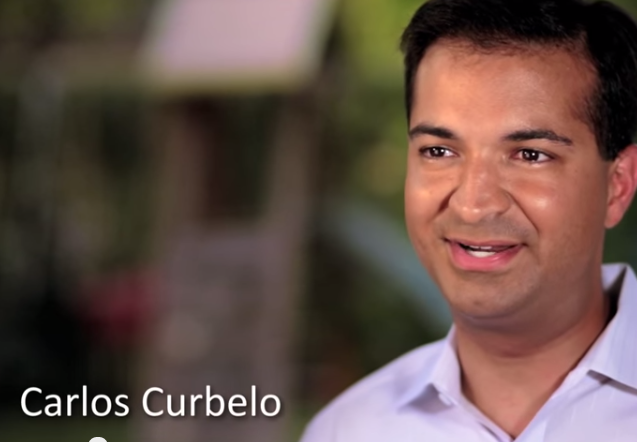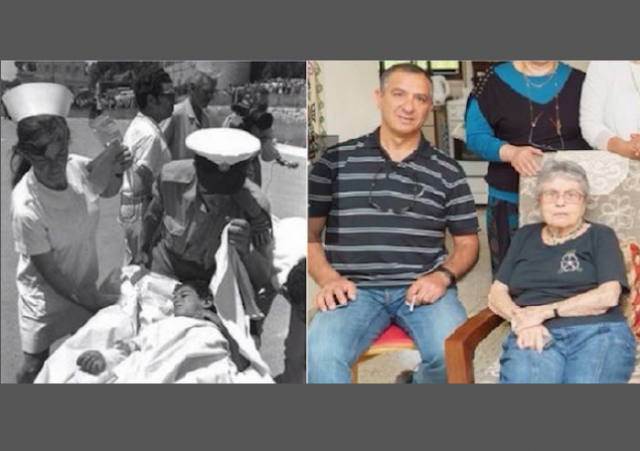Breaking! Anti-Israel academic boycotters STILL don’t like being boycotted
on July 28, 2015
20 Comments
This could be a series. In fact, with this post, maybe it is a series.
We have covered many times the faculty members who demand the boycott of Israeli academic institutions (BDS) -- which necessarily involves boycotting the individuals who work at those institutions -- and then complain when the boycotters become the boycotted.
Controversial professor Steven Salaita had his contingent offer of employment to join the American Indian Studies Department at University of Illinois at Urbana-Champaign rejected by the University of Illinois Board of Trustees after Salaita went on a multi-month Twitter rant. Salaita, a leader of the anti-Israel academic boycott, claims academic freedom for himself as he seeks to deny it to others. (Salaita's federal lawsuit is going through motion and discovery practice now.)
As a result of the Salaita non-hiring, an academic boycott of UI-UC was organized, to the cheering of pro-Salaita pro-BDS UI-UC professors in the Humanities and Social Sciences.
But something funny happened on the way the the boycott -- it turned out that the only people hurt by the boycott of UI-UC were the pro-Salaita folks in the Humanities and Social Sciences.
As we reported in Academic boycotter doesn’t like being boycotted, UI-UC professor and anti-Israel academic boycott supporter Susan Koshy, an associate professor of English, Asian-American studies, and South Asian and Middle Eastern studies at UI-UC, complained:
For someone like me, who is inside the university and supports Salaita, the boycott [of UI-UC] represents an experiential impasse. I find myself in the impossible position of being the target of a boycott as a member of an institution whose actions I and many others here have challenged. Unlike faculty members outside Urbana-Champaign whose safe target is another university, our target is our own. The frequently repeated joke here—How do we boycott ourselves?—captures this problem. How do you oppose your own institution yet protect valuable parts of it at the same time?

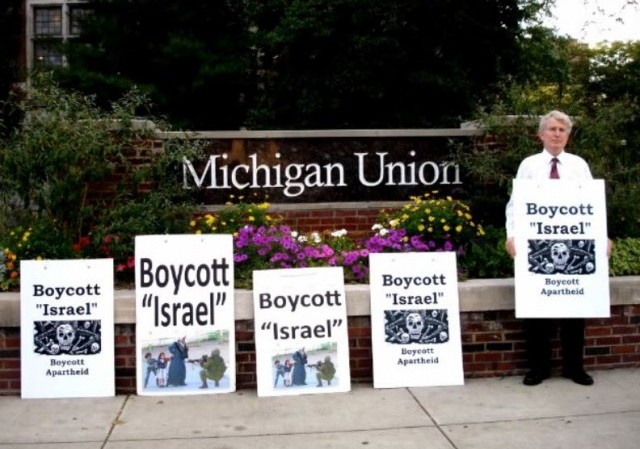
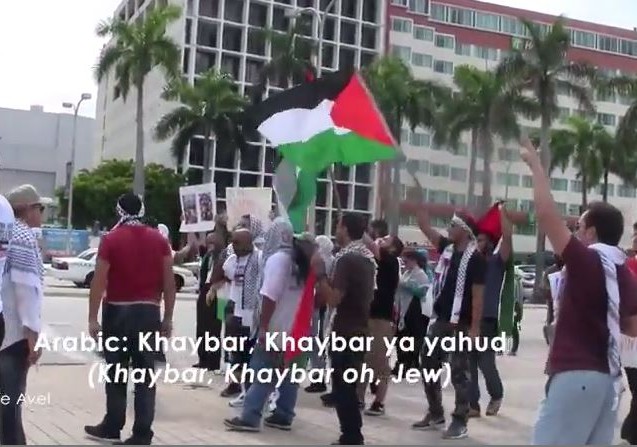
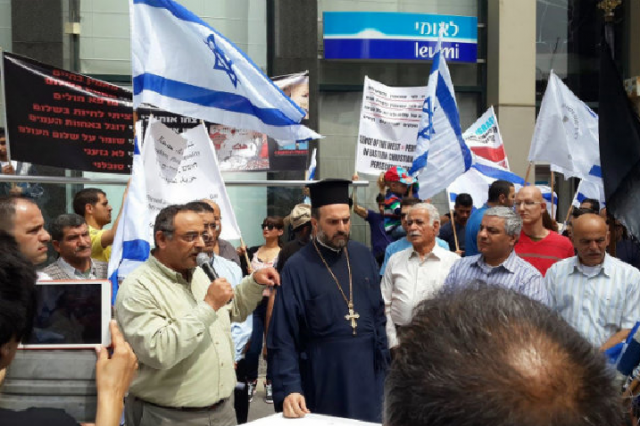
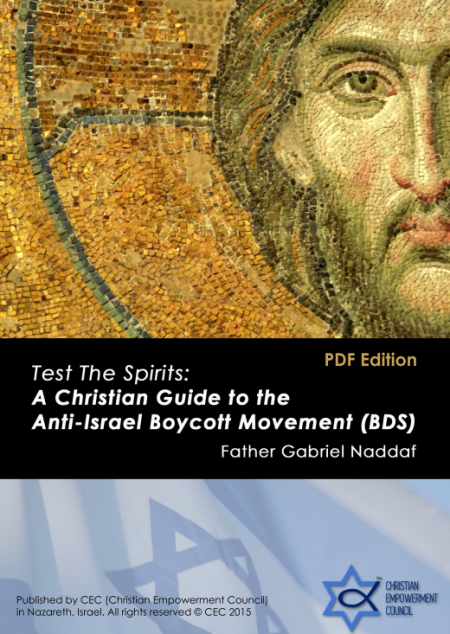
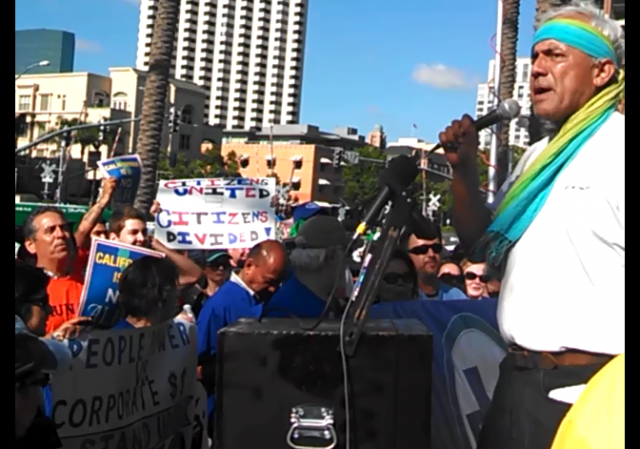
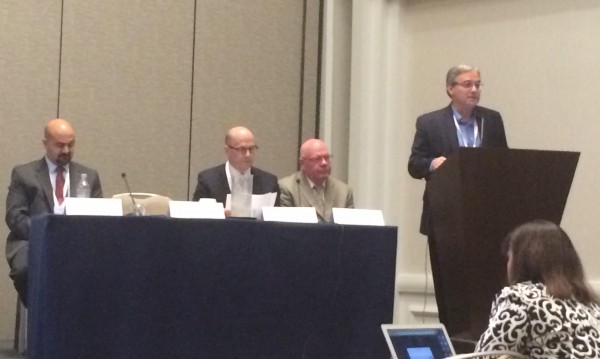
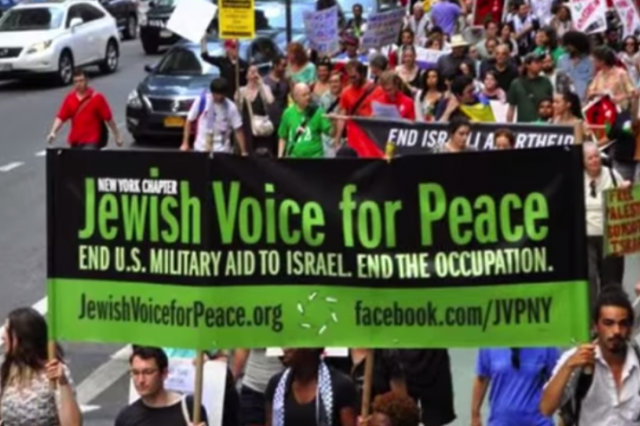
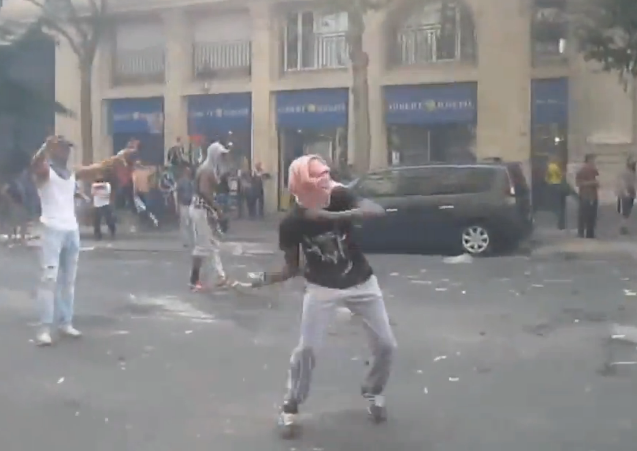
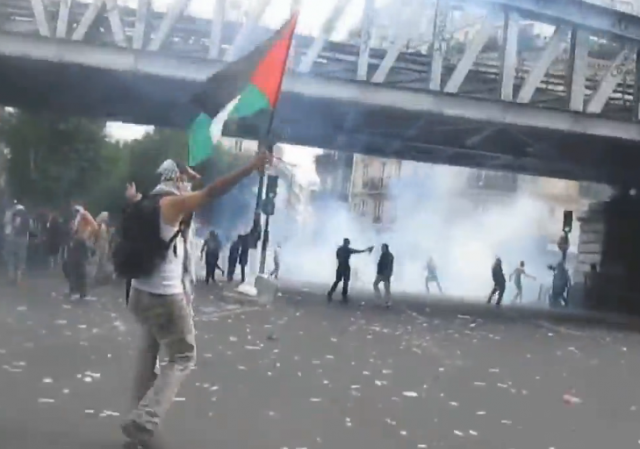
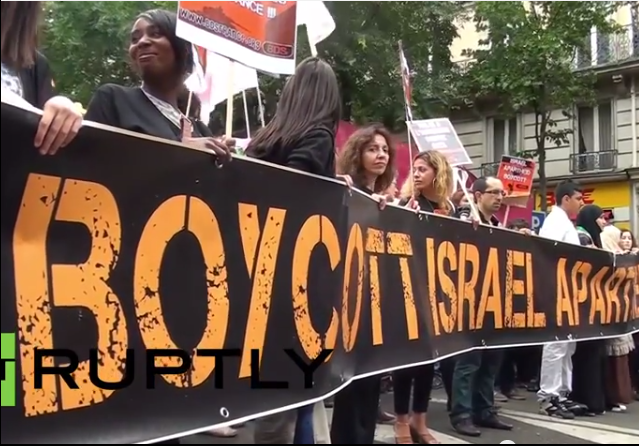
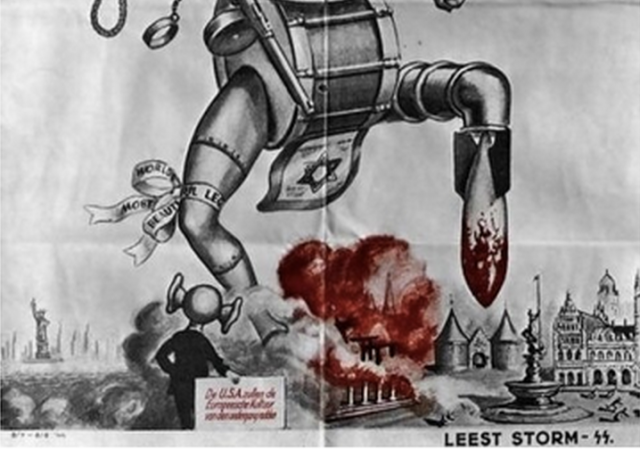
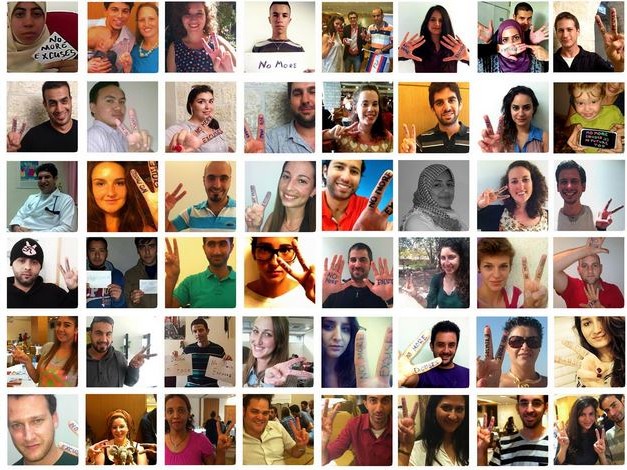
![[Speaker in support of divestment says "Stand with Jewish Voice for Peace"]](https://c2.legalinsurrection.com/wp-content/uploads/2015/06/United-Church-Christ-Israel-Divestment-Resolution-Take-a-stand-with-Jewish-Voice-for-Peace-e1435691160221.png)
